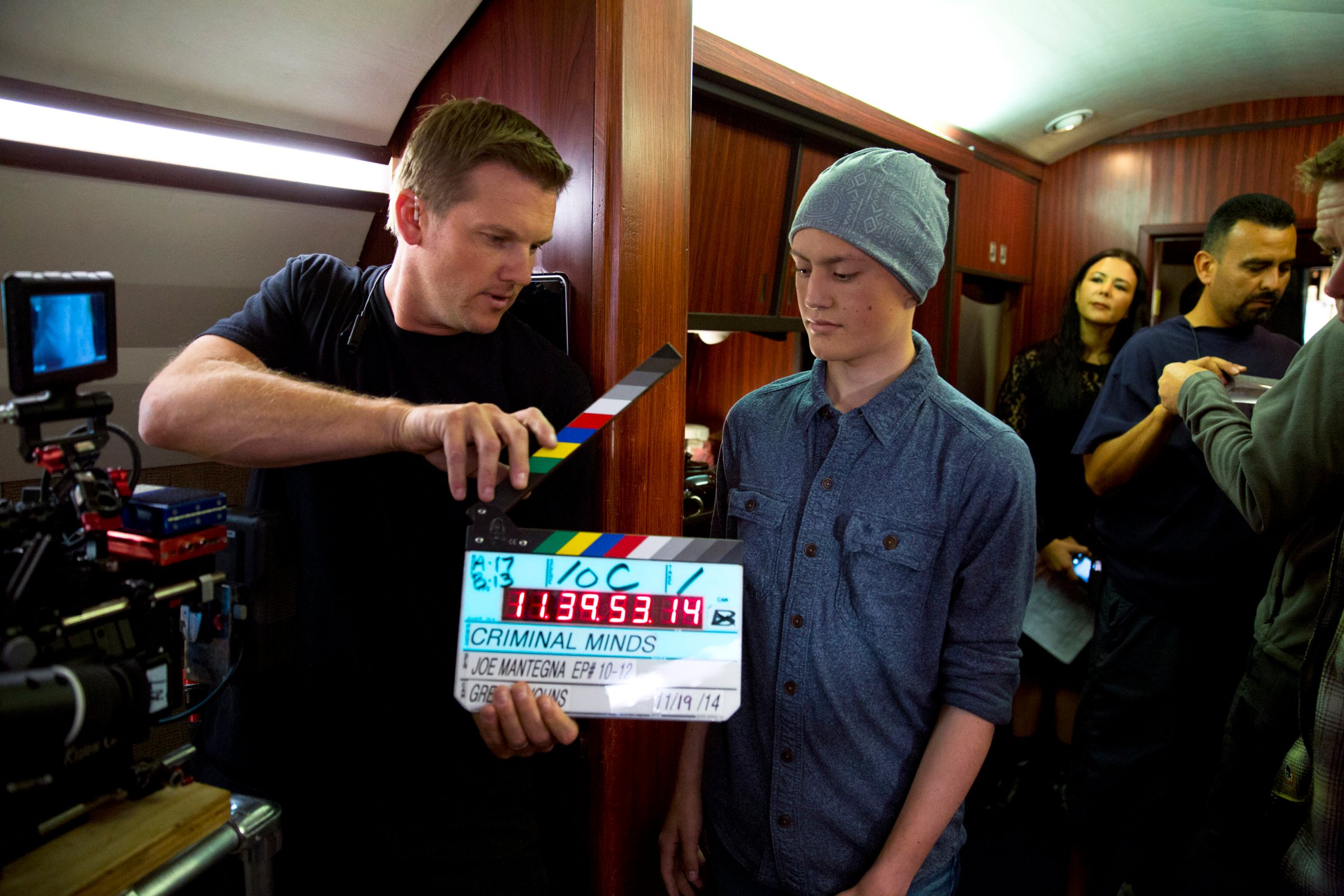
If you’re not fed up with the human species yet, it’s probably because you haven’t been paying attention. There are our wars for one thing. According to the Institute for Economics and Peace, of 162 countries surveyed, only 11 are not currently involved in some kind of armed conflict or full-scale combat.
There are our sectarian messes, too. Enjoy the ugly racial tensions sparked by the Ferguson and Staten Island non-indictments of white police officers who killed unarmed black men? Then you’ll love the far less defensible nativist uprising in Dresden, where weekly demonstrations are being staged to protest the imagined “Islamization” of the country, despite the fact that only 2% of the population of Germany’s entire Saxony region is made up of immigrants and only a small minority of them are Muslims. Then there are our drug gangs and street gangs and corrupt politicians and crooked bankers and all of the manifold reprobates who work their manifold harms on everybody else.
And then, just when you’ve had it, just when you’re really, truly, ready to wash your hands of the whole savage lot of us, somebody does something sweet and compassionate and wonderfully caring, and you’re willing to give the species one more chance. Which brings me to Manuel Sanchez Paniagua, the cast of the show Criminal Minds, and—yes, damn it—Christmas.
Manuel deserves a good Christmas season more than most. He is only 15, lives in Mexico City with his family and has been battling cancer for close to two years now—which is an awfully big piece of your life when you’re so young. (He is also—full disclosure—a member of my wife’s family.) Manuel’s illness began in January 2013 with a liver tumor which required three separate surgeries at Boston Children’s Hospital, the last of which was described by the lead doctor as “one of the most difficult in the history of the hospital.”
That was followed by three rounds of chemotherapy and—as is often the case with cancer—a blissful remission, leading his family to hope that Manuel had been cured. As is often the case with cancer too, however, those hopes collapsed.
In September, he suffered a seizure in Mexico and was rushed back to Boston, where his doctors found a brain metastasis. This time there would be more-aggressive treatments, and this time his parents would hear what every parent of a sick boy or girl dreads hearing, which is that just in case, if things turn worse, it might be time to think about granting your child some long-held wishes. So Manuel’s parents asked him what his wish was and he said he wanted to visit the set of Criminal Minds.
There aren’t a whole lot of people who haven’t thought about what they’d choose in such a situation, and the folks who’d pick a Polynesian beach house or a tour of Machu Picchu indulge in more than a little elitist sniffing when they hear of people who’d pick the Grand Canyon or Yankees training camp. The cancer romance The Fault in Our Stars made much of this idea, with Augustus Waters affecting shock that Hazel Grace Lancaster chose a trip to Disneyworld with her parents. “‘I can’t believe I have a crush on a girl with such cliché wishes!” he says.
But a wish, of course, is a reflection of a moment—who you are when you must make the choice. And when the number of moments you have left to you is in question, you choose what will make you happy right now, today. So Manuel chose Criminal Minds—and the cast and crew and production office made it happen.
Just before Thanksgiving, he and his family flew to Los Angeles to be present for the shooting of the series’ Dec. 10 episode. Joe Mantegna, the show’s biggest name, was directing that episode and he kept Manuel busy, dispatching him onto the set to work the slate, explaining scenes as he directed them, eating lunch with him during a break. Manuel met the rest of the cast, posed for photos with them and visited the writers’ room—a pretty static place if you’re not one of the show’s many rabid fans; Xanadu if you are.
None of what Manuel experienced in the six hours he was on-set will make a lick of difference in his prognosis—unless, of course, it does. Scientists have never fully understood the multiple ways optimism and hope and just plain being happy can help humans battle disease—except to say with near-certainty that they can.
Just as important is what the small act of kindness that came Manuel’s way—and a million-million others like it that are performed around the world every day—say about the prognosis for the human condition. Evil is vulgar, broad-brush stuff—the dark, mindless business of burning things down or blowing them up. Kindness is pointillist—bright dots of good, dabbed and dabbed and dabbed again. No single one of them amounts to very much. But a million-million every day? That can create an awfully beautiful picture.
More Must-Reads From TIME
- The 100 Most Influential People of 2024
- The Revolution of Yulia Navalnaya
- 6 Compliments That Land Every Time
- What's the Deal With the Bitcoin Halving?
- If You're Dating Right Now , You're Brave: Column
- The AI That Could Heal a Divided Internet
- Fallout Is a Brilliant Model for the Future of Video Game Adaptations
- Want Weekly Recs on What to Watch, Read, and More? Sign Up for Worth Your Time
Write to Jeffrey Kluger at jeffrey.kluger@time.com